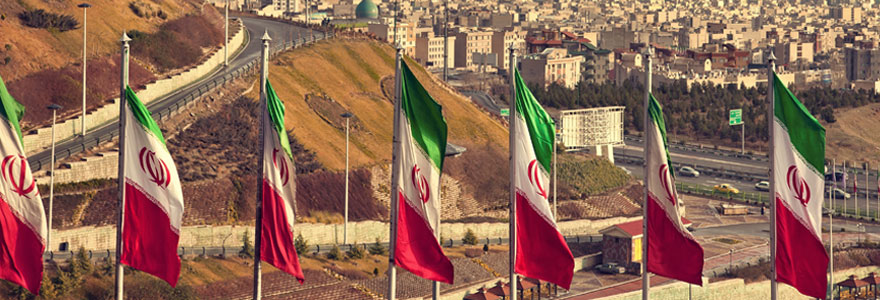The fall of the last Shah of Iran, Mohammad Reza, after the Islamic revolution of 1979 ushered the inception of a religion-based government. This mode of governance is referred to as Velayat-e faqih and entails the Islamisation of the State. Though it existed only in theory and literature before the revolution, it was partially used by some Shia clerics to protect the vulnerable groups from divisive Iran politics. After the upheaval, Velayat-e faqih confined political and religious power to Shia clergy and gave the supreme clerical leader (faqih) exclusive authority to make significant state decisions. Associations such as the National Council of Resistance of Iran (NCRI) tend to view this nature of Iran politics as controlling. You can learn more about the council’s struggle and fight against tyranny in Iran at www.maryam-rajavi.com.
Iranian Governance and Religious Ties
The nature of the Shia clergy administration and the day-to-day execution of Iran affairs is nothing short of autocracy. The Shia believe that the supreme leader has the blessing of the 12 ordained Shia Imams. For this reason, the supreme leader exercises absolutism in directing Iran’s national interests. It’s deemed unlawfully to question the supreme leader who is only accountable to God. Civic electoral duties and state appointments entirely depend on the highest office. A formal opposition party is out of the question and public participation is an illusion. Islamisation eclipses democracy and has caused massive Iran resistance.
Conception and Mandate of the NCRI
The National Council of Resistance of Iran was formed in 1981 by a coalition of Iran resistance elements. It encompasses opposition parties and factions, personalities against the mullah’s barbaric rule and ethnic minority representatives. It also has a national solidarity front whose grand purpose is to overthrow the Shia clerics and install an interim government as a build-up towards intrinsic democratic elections and decentralisation of power.
The Resistance Movement
NCRI Iran and the Iran resistance incline on the following tenets: human rights, especially for women and minorities; economic empowerment; and freedom of religion. The Iran opposition body is all about inclusivity. The goal is to enable women to choose a profession of their choice including political careers, have people vote without restrictions, stop the making of state decisions on religious grounds, incorporate science and technology to improve the Iranian economy among other objectives.
International Advocacy for Regime Change
The international community has shown support for the NCRI/parliament in exile. For instance, pro-democracy Iranians and foreigners, both within and outside Iran, continuously hold rallies, peaceful demonstrations, and protests as a sign of regime dissidence. Additionally, countries such as the United States have repeatedly slapped Iran and the supreme clergy leader with sanctions for committing crimes against humanity and production of nuclear weapons. Such vices are also a direct violation of United Nations Charters, International treaties and the broader Middle East Peace efforts.
